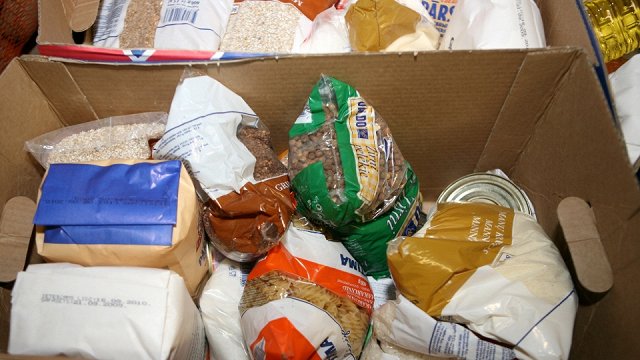Reirs said that in the next seven years EU member states will have to ensure successful investment of the cohesion policy resources into their economic development. "Much is being expected from the cohesion policy for 2014-20. Residents expect a better quality of living. Taxpayers want to see that the spent financing brings results," he said.
Reirs explained that one-third of the EU budget has been allocated to cohesion policy funding. "Along with co-financing, this will ensure €450 billion in investments for European regions in the next seven years. I believe that it is a huge responsibility. Responsibility shared among member states, the European Commission, regions, the leading institutions, the project managers," he added.
With regard to Latvia, Reirs said that thanks to the cohesion policy, Latvia has come closer to the average standard of living in the EU by a 20% measure. "It is a considerable achievement, and EU co-financing played a very important role in it. This has ensured preconditions for Latvia's successful participation in the market, euro adoption, return to a strong and sustainable growth in 2011 thanks to balanced fiscal policies and efficient EU funds investments. It strengthened the rebirth of an export-oriented economy," said the minister.
The Second EU Cohesion Policy Conference "Challenges for the New Cohesion Policy 2014-2020: An Academic and Policy Debate" continues Thursday at the University of Latvia. The conference is organized by the European Commission's Directorate General for Regional Policy, the Regional Studies Association, Latvia's Presidency of the EU Council and the University of Latvia.





























